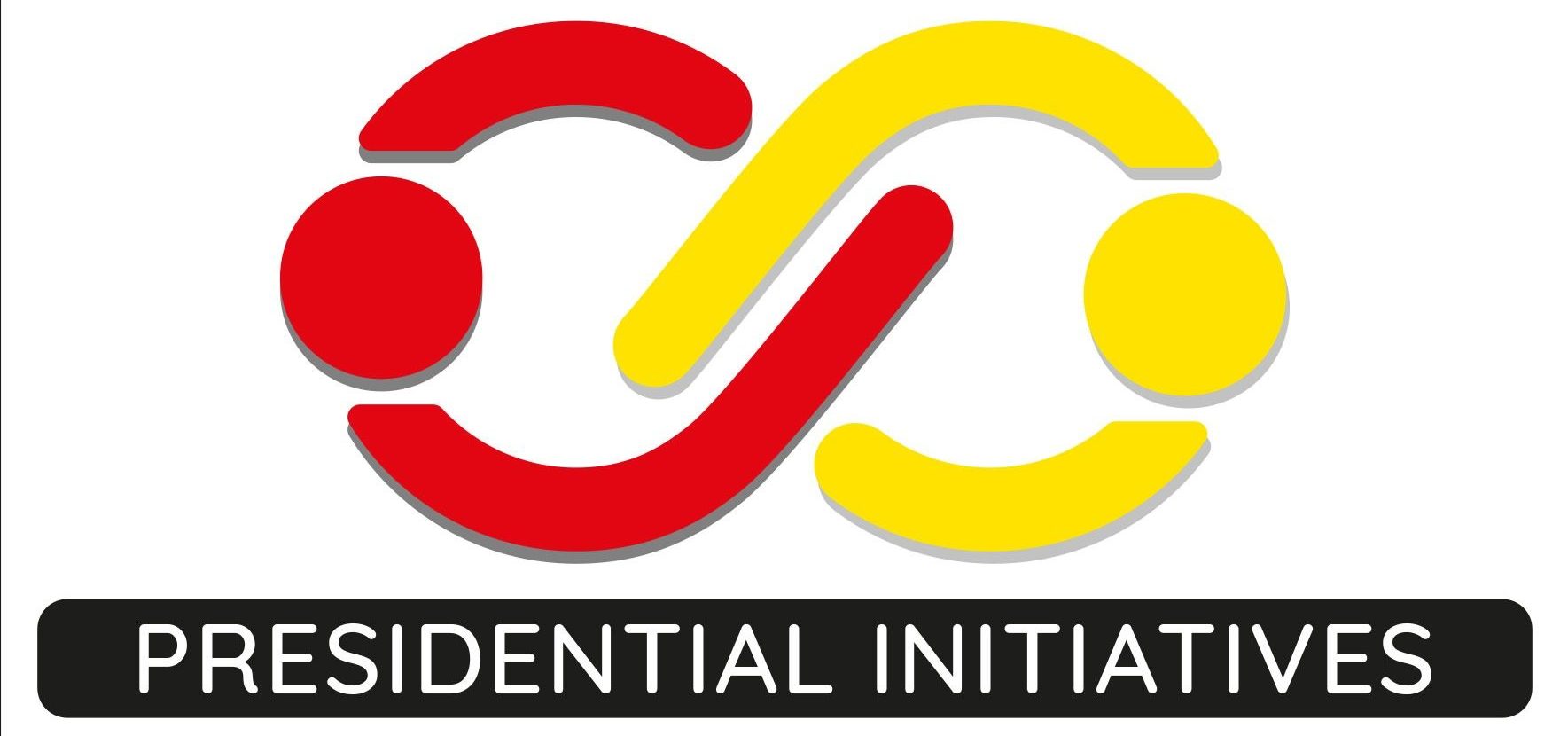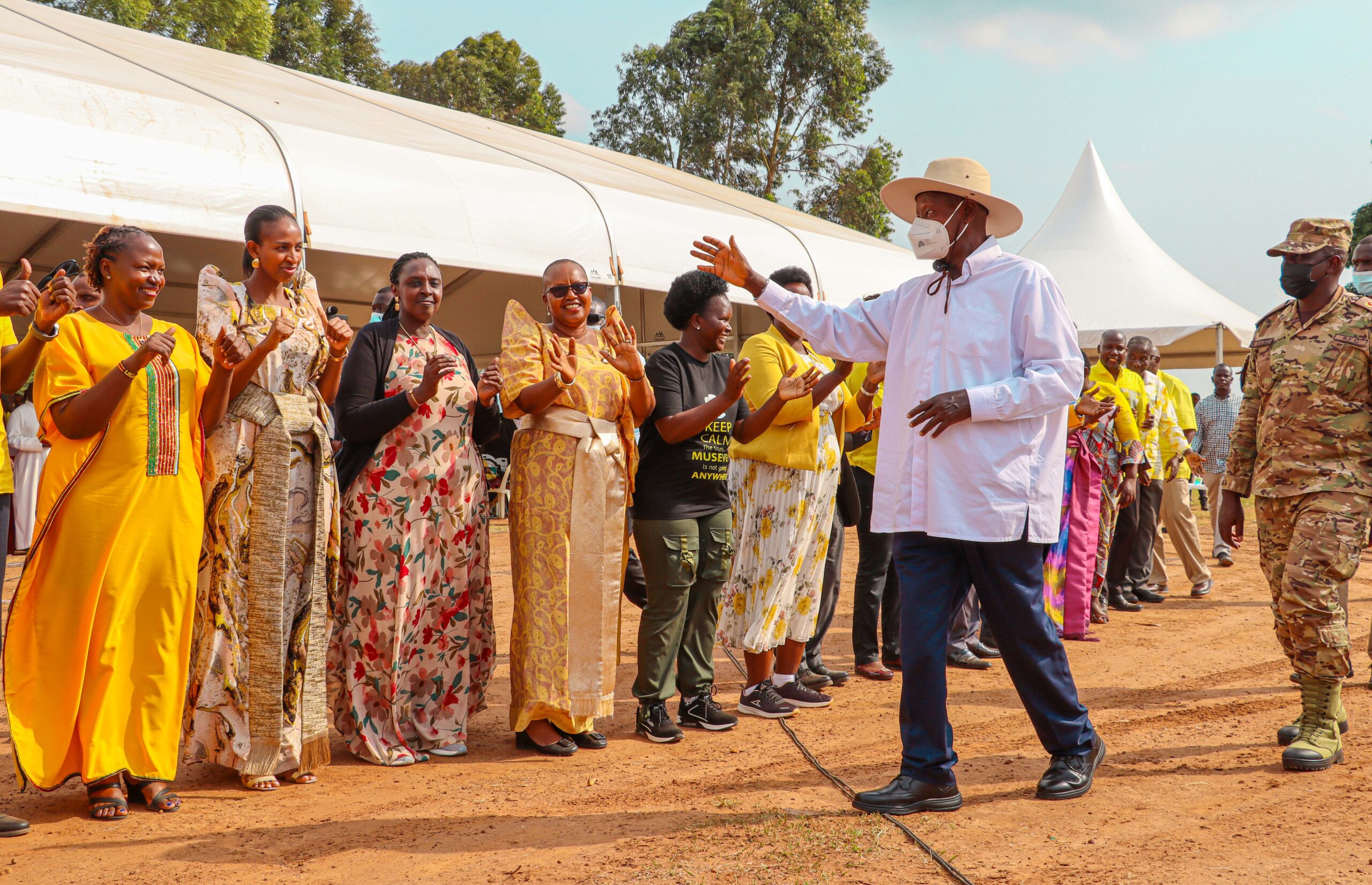
According to the finance ministry, a total of 10,594 savings and credit co-operatives (SACCOs) have received shillings 100 million apiece to function and participate in the money economy.
The 10,594 are people whom the government intended to assist with the Parish Development Model (PDM) scheme.
The ministry posted on its X, formerly Twitter, account on Wednesday (March 20, 2024), after its undersecretary and accounting officer, Dr Sengonzi Damulira, appeared before the parliamentary committee on public accounts with his technical team to respond to issues raised in the Auditor General’s report for the fiscal year ending June 30, 2023.
Some of the issues raised in the report and discussed with the Public Account Committee chaired by Butambala County MP Muwanga Kivumbi include revenue performance (non-tax revenue), warrant performance, management of the government salary payroll following the recent audit, and funding and absorption of the PDM administrative and revolving funds.
“The Auditor General’s study of the payment details verified that the Ministry of Finance released 100% of the planned sum of sh1,059.4 billion for 10,594 SACCOs. The Auditor General also confirmed that 10,584 SACCOs received sh100 million apiece,” the ministry stated.
Where’s the money?
Last year, local government minister Raphael Magyezi informed New Vision that the PDM money is in the SACCOs’ accounts at various banks.
“Any beneficiary who has completed the application process and has been appraised by the SACCO loans committee, trained and cleared should have the money paid to his or her bank account or mobile money account without unnecessary delay,” he said.
He confirmed that some people had been turned away by banks because they presented identity, phone numbers, and biometric information that differed from what was captured on the system.
He urged SACCO executives and district officers to work together to fix the problems.
During the recent general election, the ruling National Resistance Movement (NRM) party promised that the 2021-2026 term would focus on developing wealth, jobs, and incomes for all Ugandans.
In its electoral manifesto, the NRM committed to use the PDM as a tool to reach homesteads that are still in the subsistence economy and help them transition to the money economy.
According to the Uganda Bureau of Statistics’ 2019 Household Survey, approximately 39% of households engage in subsistence production.
The government defines the subsistence economy as a cashless method of production that relies mostly on natural resources to meet basic household requirements, such as hunting, gathering, and rudimentary agriculture, with minimal excess to sell or trade.
President Yoweri Museveni, who is also the NRM national chairman, stated that the PDM will shift the 3.5 million households that are still engaged in subsistence farming into the money economy.



